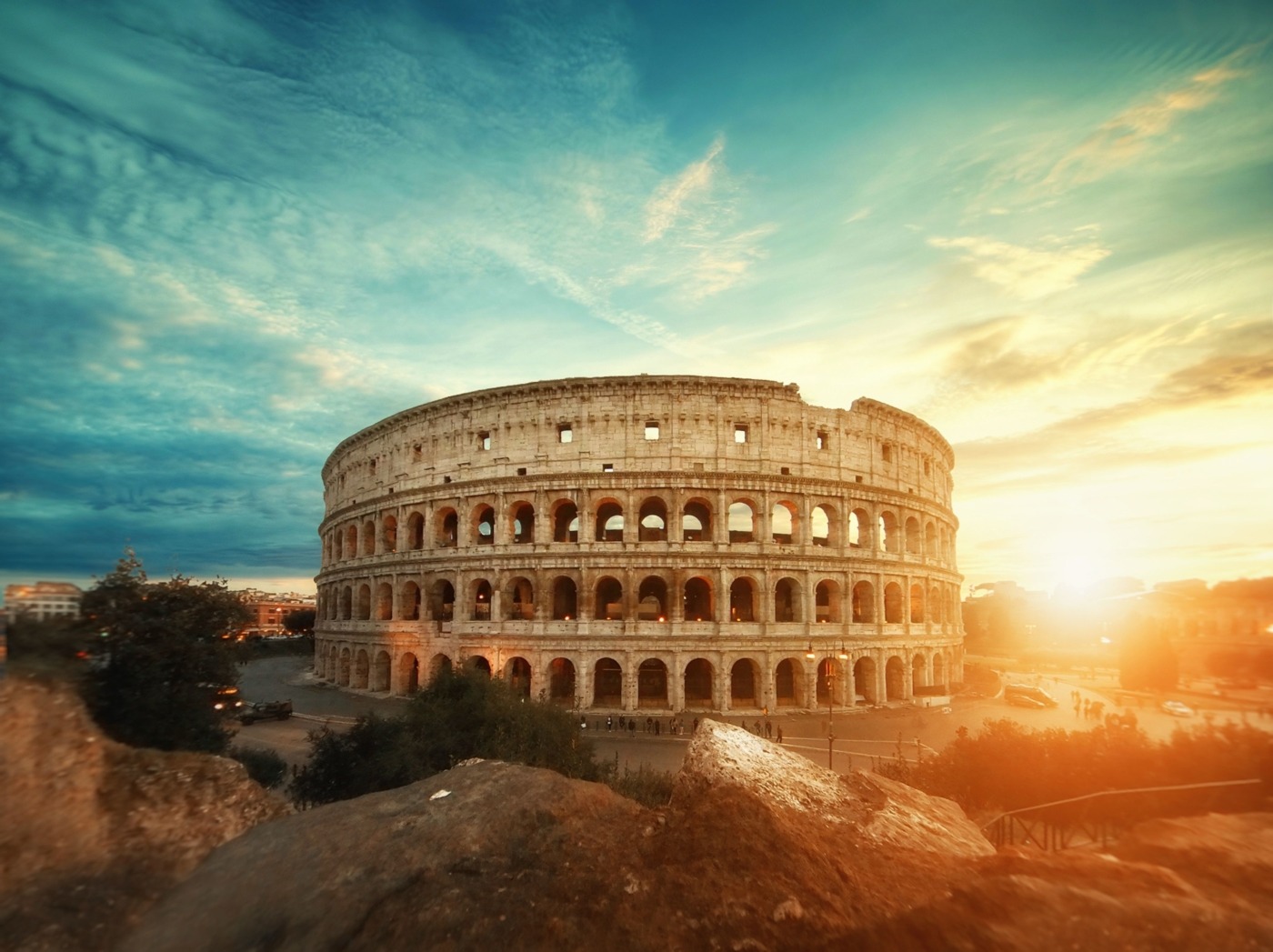Lessons from the ancient economies
When tourists marvel at the Colosseum in Rome, or the Parthenon in Athens, they are transfixed with the glory of civilizations far removed from the present. That is unless you are a proud reader of the Boar’s Finance Section, in which case you definitely are wondering about the ancient economies which supported such marvels. Well, wonder no more.
Even the word ‘economics’ is rooted in the Ancient World, deriving from the Latin ‘oeconomia’ and the Ancient Greek ‘οἰκονομῐ́ᾱ’ (oikonomia). ‘Oikonomia’ refers to the management of a household (an ‘oikos’), such was the concern around this that even history’s greatest philosopher Aristotle published a treatise on household management. To Aristotle, and the Ancient Greeks, the household was the basic building block of cities and economies. The household was supposed to be self-sufficient and a way through which men could display their moral and political excellence.
Generally, they have been seen as less complex, but their complexity manifests itself in different ways from the modern economy
As a general rule, the ancient economy has been seen as less complex than its modern counterpart. It was not motivated by market factors such as supply and demand. Neither was there really a theory of economics as we have today. Instead ancient economies are largely motivated by local factors and needs. Generally, they have been seen as less complex, but their complexity manifests itself in different ways from the modern economy.
Most ancient economies were decentralised, with no central banks or universally accepted standard of coinage. They were also largely agrarian, with little overall management. There was also no expectation on the state to manage the economy throughout their nation.
Yet in many ways the economy of the Ancient World is recognisable to our own, in no bigger way than the financial crisis of 33AD. During the reign of the Roman emperor Tiberius a perfect storm created a similar disaster to the 2008 financial crisis. For a number of reasons several firms in the eastern Mediterranean became bankrupt, which began a run on the banks, and this spread. Unfortunately, other banks refused to bail them out. With a faltering agrarian sector, many major banks in Rome, Corinth, and Carthage quickly collapsed.
Remaining banks began calling in their loans, panic spread and the real estate prices (along with other goods) plummeted as there were no buyers. The emperor Tiberius was forced to stabilise the property market through suspending interest collections for three years and offering security at double value in the real estate market.
Eventually Tiberius agreed to take 100 million sesterces from the imperial treasury in order to be distributed among the reliable bankers who remained. It’s impossible to quantify in modern terms the value of ancient money, the difference is just too vast. However, in this period the average pay for the individual legionary was 900 sesterces per year. So, Tiberius was taking a lot of money out of his own coffers.
Remember that there would have been little time to begin democracy without the backbone of slavery, a paradoxical truth to the modern era
In many ways Tiberius’ response was not that far different from Ben Bernanke’s response to the Global Financial Crisis. Both increased liquidity by a large amount and attempted to lower both short- and long-term interest rates. The actions of both may have also saved their respective economies from total collapse as well. Tiberius died four years after this crisis, having averted disaster from the Roman Empire. Perhaps if more heed had been paid to the Roman’s economic crisis, the outcome of our own would have been avoided.
There is one part of the ancient economy so far omitted, slavery. Although to some extent maligned by early classicists, the economies (and societies) of both Ancient Greece and Rome were dependent on slavery. This existed both at a local level in the household and at a larger level in the giant Roman estates in Italy. In Roman Italy, it is estimated that the slave population may have accounted for as much as 40% of the total population. This is something to keep in mind always with regard to the Ancient World. Marvel at the Greek inventions of democracy or philosophy, or the timeless Latin prose of the Romans. But remember that there would have been little time to begin democracy without the backbone of slavery, a paradoxical truth to the modern era.

Comments